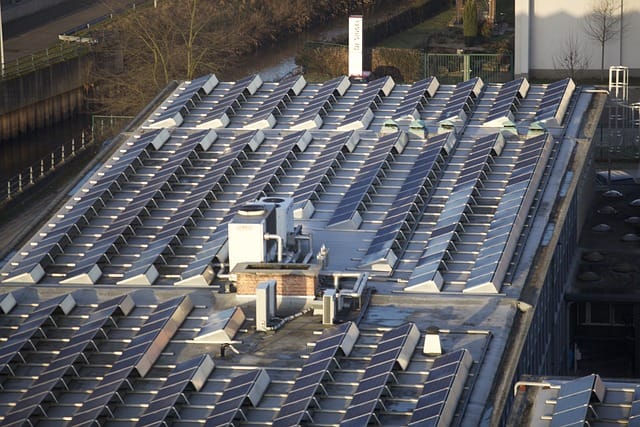Green Energy Advice You Should Know About
It can seem overwhelming to make changes to your home. If could be really hard to determine where to start and the changes that will greatly benefit you. For solutions to the problems potentially posed by going green with your household energy use, check out the following helpful tips.
One of the simplest ways to help save the environment is to use less energy. Unplug appliances that aren’t in use. Be diligent about switching off the television or lighting if you aren’t using them. This simple little suggestion can save you money.
If you are thinking of designing your outdoor areas with lighting, consider using solar lamps instead of conventional power. Not only are they a reasonable purchase price, but they do not require electricity to run. This will save a lot of energy. You also don’t need to hang lights or wires outdoors.
Lower heating costs with solar heating systems for your pools or hot tubs. Solar water heaters use solar energy in an efficient way to heat your water. Many of these improvements will cost you a bit up front, but the cost savings and tax deductions will usually more than offset that cost.
There are government grants available for investing in renewable energy. Contact your local government in order to see the different programs available in your area. You may be eligible for free wind or solar installation, or at the very least be allowed to deduct your costs when you do your taxes.
Furnace filters should be replaced annually, and check them monthly for cleanliness. Adding filters to your warm-air registers is not a bad idea, either. This will help keep debris or dirt from clogging vents and reducing their overall efficiency.
You can consider getting solar water heaters to heat your water. If you’re in an area that doesn’t have to worry about freezing temperatures, you can get a system that will circulate the water through a solar heater before pumping it into your home. You still should keep your regular water heater as a backup because there may be times when there isn’t a lot of sun or you have to use a lot of water that’s hot.
Don’t waste money or energy by running a half-full load of dishes. Don’t run it when there are a low number of dishes present. You’ll be surprised at how many dishes a dishwasher can load. Strategically load your dishwasher so that you fit in as many dishes as possible.
Turn you appliances off when you are not using them. When you exit a room, be sure that everything has been fully turned off. A power strip is an easy way to turn off multiple appliances at once, so consider placing one in a conspicuous place where many electronics are located.
Use solar energy to provide hot water cheaply. Buy a hot-water system that is solar-powered. You may pick between a direct or indirect circulation system. Most individuals will find the indirect option to be their best choice, as this option has methods in place to alleviate the problem of pipes freezing in the coldest months of winter.
If you’re installing a solar energy system, be sure to place the batteries in close proximity to the cells. Doing so removes the chance of lost energy. You also will not have to worry about the cells being shaded by a cable and not producing as much energy as they could.
Use a laptop for your computing needs rather than a power hungry desktop. This can cut up to 75% of your electrical use, especially if you are frequently on the Internet or using word processing software. Plus you can take your laptop anywhere.
Green Energy
Pay careful attention to rebates that may help you save money on renewable energy. Your local utility company may be offering green energy rebates to apply updates. In some cases, there could be credits or tax deductions either from the federal or state government. These credits and rebates will ultimately cut your costs of bringing green energy technology to your house.
Keep an eye on the wattage you are using. Use great gadgets such as the Kill-A-Watt or the Watt Minder to find out which fixtures and appliances use up the most energy. Plug the appliance into the device, and it can tell you the amount of energy it uses within an hour, month, or even a year. This way, you will know how much that appliance costs you, and you can adjust your usage or settings accordingly.
Is your boiler over 10 years old? Buy a new one to save money! A lot of the older boilers weren’t made to conserve energy, yet newer ones were made to keep this in mind. Newer boilers don’t produce as much carbon dioxide and use less energy, which saves on your energy costs and promotes better health.
Try installing a toilet that saves water. Up to half of the water that your household uses is when flushing the toilet. Older toilets use 5 gallons per flush, whereas new models use less than 2 gallons.
Each home’s layout is different and located in different places. These differences will dictate which green technologies will be best suited for each home. Some tips are universal and work for everyone, and some are not. Seek out the advice that will benefit your household, and then implement those strategies in your home.
Want To Supercharge Your Business? Click here!



